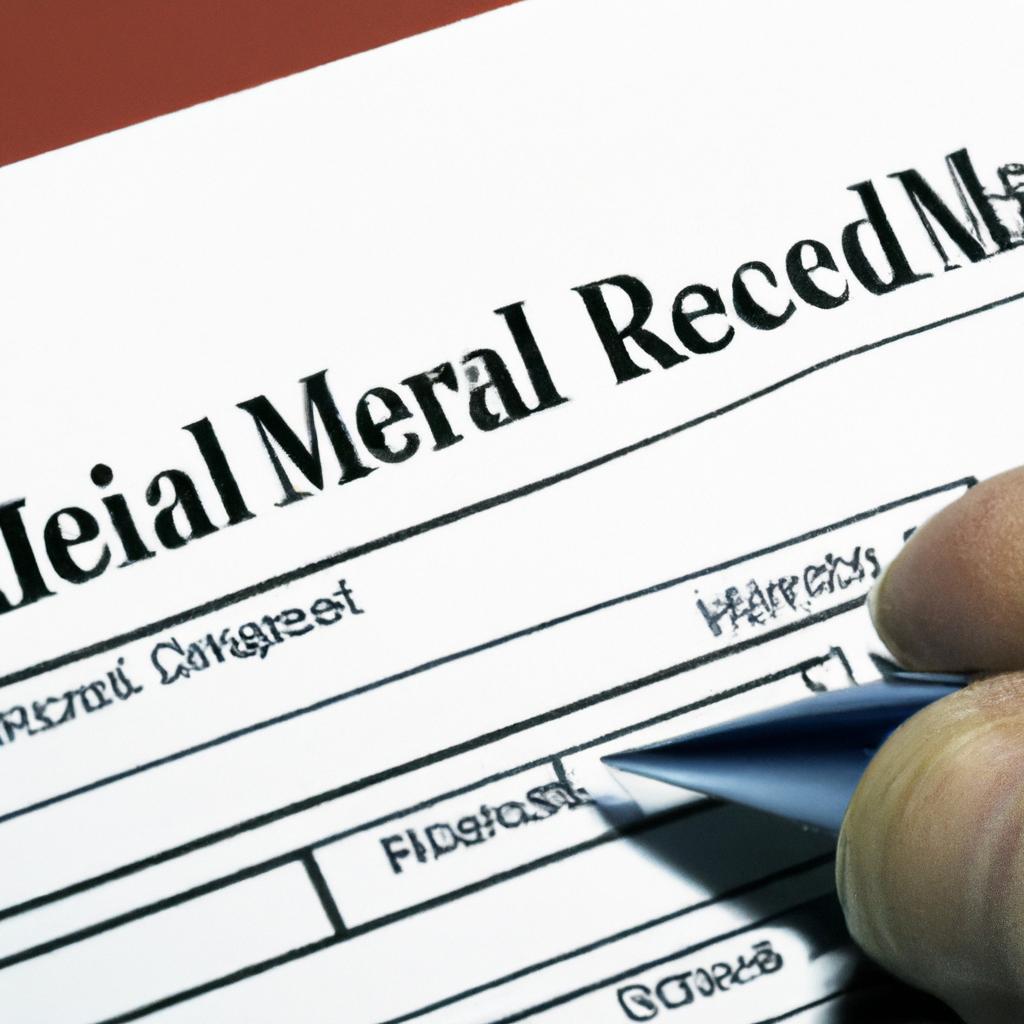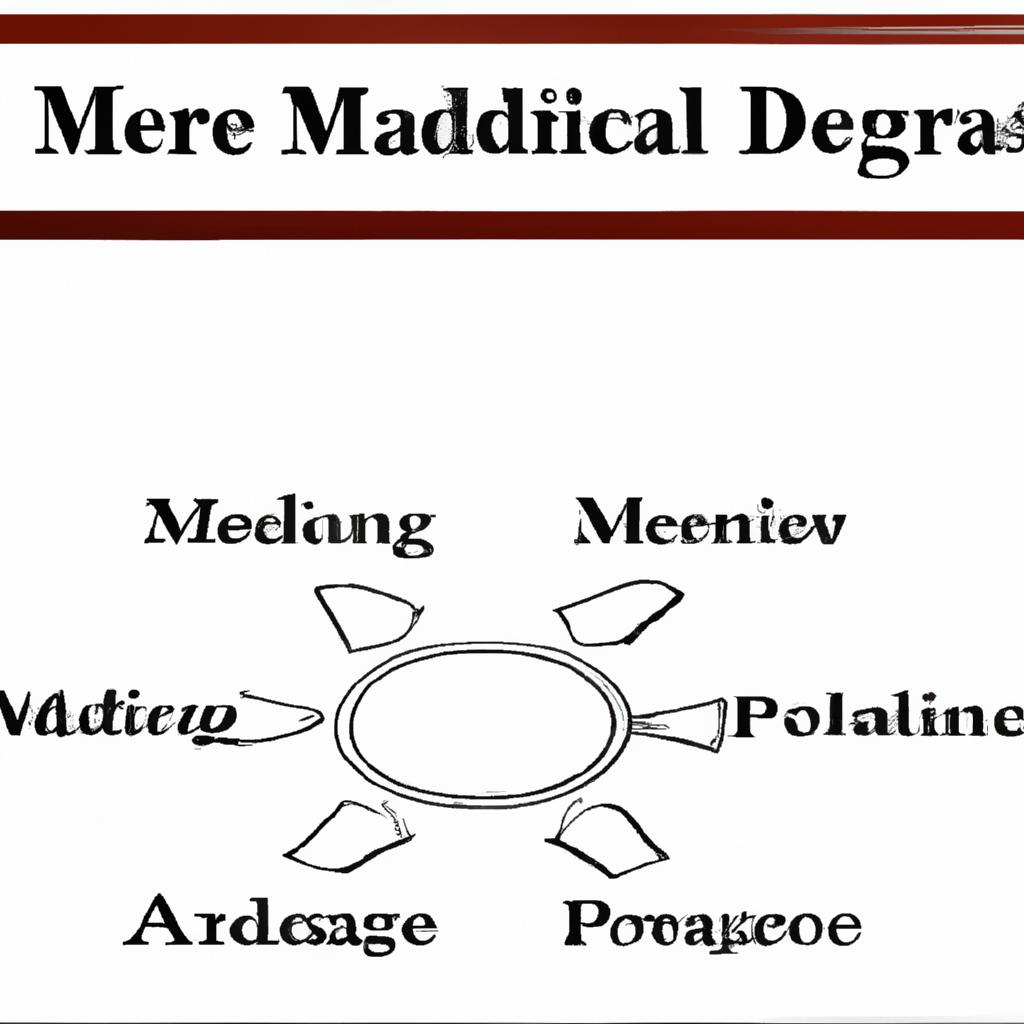Navigating the intricacies of Medicare records is often a daunting task, especially in the aftermath of a loved one’s passing. As experienced legal experts at Morgan Legal Group in the heart of New York City, we understand the importance of diligently maintaining and preserving such documentation. In this article, we will unravel the complex web of regulations and guidelines surrounding the retention of Medicare records after death, providing you with clarity and guidance in the realm of estate planning and elder law.
Retaining Medicare Records of a Deceased Individual
In accordance with Medicare regulations, it is important to retain the medical records of a deceased individual for a specified period of time. As per Medicare guidelines, the records of a deceased individual should be kept for a minimum of 5 years after the date of death. This is crucial for any potential audits, legal disputes, or insurance claims that may arise.
During this period, it is imperative to securely store the Medicare records in a safe and confidential manner to protect the privacy and sensitive information of the deceased individual. It is also recommended to consult with a legal professional, such as the experts at Morgan Legal Group in New York City, to ensure compliance with Medicare regulations and to navigate any complex legal matters that may arise during this time.

Importance of Keeping Medicare Records Post-Death
When a loved one passes away, it is crucial to understand the importance of keeping their Medicare records post-death. These records contain valuable information that may be needed for various reasons, such as settling their estate, handling any outstanding medical bills, filing insurance claims, or resolving any disputes that may arise. By maintaining these records, you will be better equipped to navigate the legal and financial aspects that come with the death of a family member.
**Reasons why keeping Medicare records post-death is crucial:**
- **Legal Purposes:** Medicare records may be needed to prove the individual’s medical history and treatment in legal matters such as probate or estate disputes.
- **Financial Purposes:** These records can help in resolving any outstanding medical bills or insurance claims that need to be filed after the individual’s passing.
- **Medical History:** By keeping these records, you preserve important information about the individual’s health that may be useful for future reference or for other family members.

Legal Obligations Surrounding Medicare Records After Death
When it comes to the , it is important to understand the guidelines set forth by federal regulations. According to Medicare guidelines, providers must retain medical records for a minimum of 5 years from the date of service. However, in the case of a deceased individual, the responsibility of maintaining these records falls on the estate or next of kin.
It is crucial for the executor or administrator of the deceased individual’s estate to be aware of their obligations regarding the retention of Medicare records. Failure to comply with these requirements can result in legal consequences. As part of the estate planning process, it is advisable to create a detailed inventory of all Medicare records and establish a plan for their retention and disposal. Seeking guidance from a knowledgeable legal professional, such as the experts at Morgan Legal Group in New York City, can ensure that all are met.

Best Practices for Managing Medicare Records of a Deceased Person
When managing the Medicare records of a deceased person, it is important to adhere to best practices to ensure compliance and avoid any potential legal issues. One of the key questions that often arises is how long to keep these records after the individual has passed away. While there is no strict rule on the exact timeframe, it is generally recommended to follow these guidelines:
- Keep records for at least 7 years: It is advisable to retain the deceased person’s Medicare records for a minimum of 7 years to ensure they are available for any potential audits or legal inquiries.
- Dispose of records securely: When it is time to dispose of the records, make sure to do so securely to protect the individual’s sensitive information and data privacy.
Q&A
Q: Why is it important to keep Medicare records after a loved one’s passing?
A: Keeping Medicare records after death can help with finalizing any outstanding medical bills and ensuring accurate processing of insurance claims.
Q: How long should Medicare records be kept after a person has passed away?
A: It is recommended to keep Medicare records for at least 7 years after a person’s death to ensure all financial and legal matters are properly resolved.
Q: What information should be included in Medicare records?
A: Medicare records should contain information such as medical diagnoses, treatment plans, prescription history, insurance coverage, and any correspondence with healthcare providers.
Q: Should Medicare records be kept in physical or digital format?
A: Both physical and digital formats are acceptable for storing Medicare records. It is important to choose a secure and easily accessible method that works best for the individual or family.
Q: How can Medicare records be securely disposed of once they are no longer needed?
A: Medicare records should be securely shredded or permanently deleted to protect sensitive personal information and prevent identity theft. It is recommended to consult with a professional document disposal service for safe and compliant disposal methods.
In Retrospect
In conclusion, navigating the intricacies of managing Medicare records after the passing of a loved one can be a daunting task. Remember to carefully review and retain important documents for the appropriate time period, as outlined by Medicare guidelines. By staying organized and informed, you can ensure a smooth process for handling medical records and honoring the memory of your loved one. As always, consult with healthcare providers or legal professionals for further guidance on this matter. Thank you for reading and may you find peace and closure during this challenging time.





